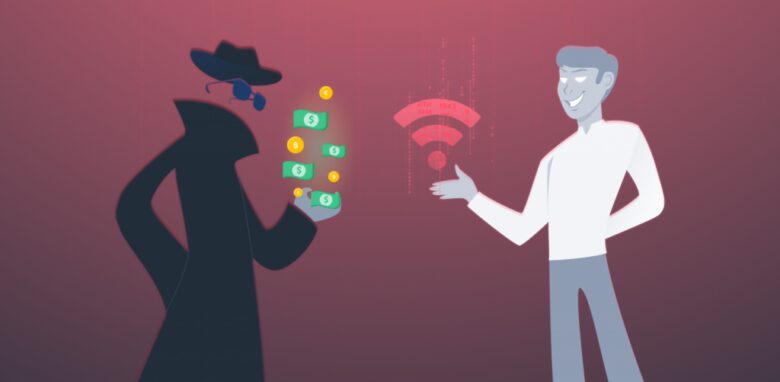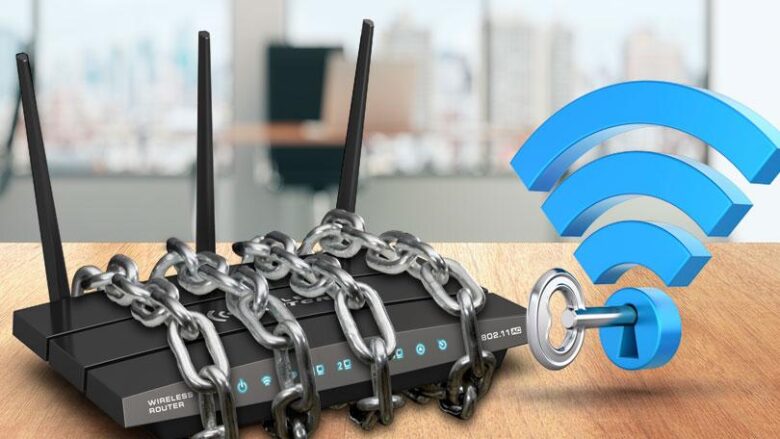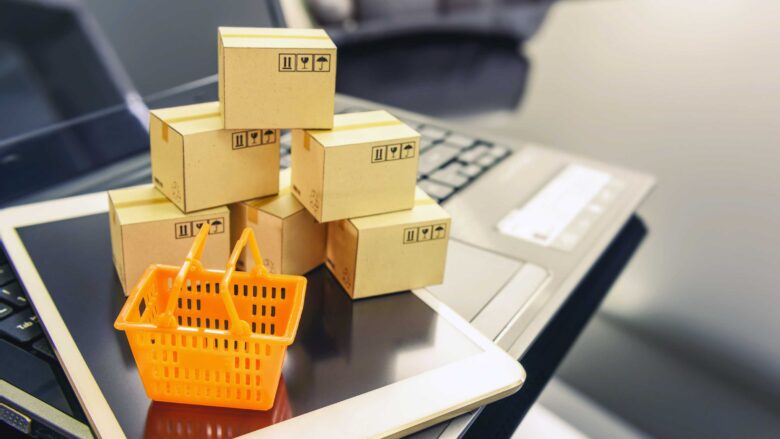On today’s Internet, your personal information and browsing habits are vulnerable to tracking by advertisers, governments and even hackers who see you as just another target to exploit. You can protect yourself by using a Virtual Private Network (VPN), which encrypts all of the data traveling between your computer and the VPN’s servers, making it impossible for anyone to spy on you or steal your passwords. With a VPN installed on every household device, you can ensure that your information stays secure wherever you go online. Here are five benefits of using VPNs on all of your devices at home.
Contents
1. Protect your family’s online privacy
A virtual private network (VPN) protects your family’s online privacy and security in the digital world. A VPN is a secure and encrypted connection between two devices; one device connects to the internet, and the other connects to the VPN server. All data going between those two devices is protected from eavesdropping or interception by third parties like hackers, governments, ISPs, etc.
2. Stop your ISP from selling your data

Source: surfshark.com
One way to keep your ISP from selling your data is to use a Virtual Private Network (VPN). A VPN will encrypt all the data coming out of your household’s devices, preventing ISPs from finding out which sites you visit, what you search for online, and who you communicate with. They also make it more difficult for hackers to steal your data while browsing the web. A VPN can be used on any device that connects to the internet, including computers, smartphones, tablets, game consoles and TVs. This is an especially important consideration if any members of your family are using old operating systems like Windows XP or Android 4 (Ice Cream Sandwich) that have already been exposed as being vulnerable to hacking through Wi Fi networks or Bluetooth connections. And don’t forget about smart home devices!
3. Secure your home Wi-Fi network

Source: uk.pcmag.com
VPNs are a great way to secure your home Wi-Fi network. With a VPN, you can encrypt your wireless signal, so that others cannot see the websites you visit. You can also use a VPN to bypass geo-restrictions and access content in other countries. The best part is that you don’t need any extra hardware to do this! Using an existing device, like your laptop or phone, will work just fine. Your ISP does not even need to know that you have installed a VPN; everything happens on the fly without slowing down your internet connection. What about devices in public? We understand that most people think about their cell phones when it comes to public hotspots. Well, those devices could be at risk as well with no protection from the open internet. With VPN protection, these devices won’t have to worry about malware or hackers who might try to get their hands on personal information such as passwords, banking information and social media credentials.
4. Access blocked content
VPNs can be used to unblock content that is normally restricted by geographical location, such as Netflix and Hulu. For example, if you are in Canada and want to watch a show on the American Netflix library, you would need to use a VPN service with an American server. The program will connect you to an American server, giving the appearance that you are located in America and can access the content. All household devices can also benefit from VPNs, especially those connected to public Wi-Fi networks.
Connecting your devices via VPN allows them to communicate privately and securely while still being able to browse the web at public hotspots or home networks without putting sensitive data at risk from malicious hackers or eavesdroppers. You won’t have to worry about leaving sensitive information vulnerable when using your laptop at a coffee shop or when traveling abroad. Finally, using a virtual private network protects your personal information online by encrypting data before it leaves your device so it cannot be intercepted or accessed by third parties during transit – even on open Wi-Fi connections like those in cafes or airports where other users may try to intercept data passing through unprotected wireless connections (or shoulder surf).
5. Save money on online shopping

Source: kiplinger.com
If you’re thinking about getting a VPN, you should be aware that they have other benefits. One of the most obvious ones is that it can save you money on online shopping. If a website or store doesn’t ship to your country or doesn’t offer international shipping, then shopping with a VPN can still give you access to what’s available. The same is true if you’re looking for bargains and find an item sold in one country but not in yours. Instead of missing out, use a VPN to get around any geographic restrictions.
Some people also use them as a way to get around regional pricing variations too, as these are often much higher than international prices – sometimes by over 300%. It all depends on where you live and where the retailer is based. If you live in Europe and are browsing U.S.-based sites like eBay, Amazon or Newegg, using a US-based VPN will instantly change your region from ‘Europe’ to ‘United States’ at checkout so that prices match up instead of being higher due to VAT charges and import taxes applied by European countries.

Source: wsav.com
A VPN Free and premium VPN service is a Virtual Private Network, which encrypts the data that’s transmitted to and from your computer. This makes it much more difficult for hackers to get into your system. It also means that you can access content in other countries that might be blocked due to where you are located. For example, if you have a Netflix account but live outside the US, you could watch content on your device without any issues.
The same goes for people who want to access BBC I Player or another service only available in a different country. Another benefit of using a VPN is that it allows you to bypass ISP throttling when streaming content online. If an ISP slows down connection speeds or caps bandwidth after you hit your limit, this will not be an issue anymore with a VPN. Finally, as mentioned above, a VPN protects your privacy by securing all of your internet traffic and making sure nobody can snoop around what sites you visit or what you do on those sites while they are open.
VPN Informative & Educational
A Virtual Private Network (VPN) is a network that uses a public telecommunication infrastructure such as the Internet to provide remote offices or individual users with secure access to their organization’s network. The VPN uses virtual private network technology which allows enterprises to establish either intra- or inter-network connections securely over the Internet, like a wide area network (WAN). It also provides identity protection and guarantees end-to-end security. With all these benefits, it’s no wonder that households have begun adopting VPNs for multiple devices. Here are five benefits of using a household VPN:
#1 – Privacy from government surveillance: A household VPN helps you avoid government surveillance by encrypting your data so they’re unreadable if intercepted.
